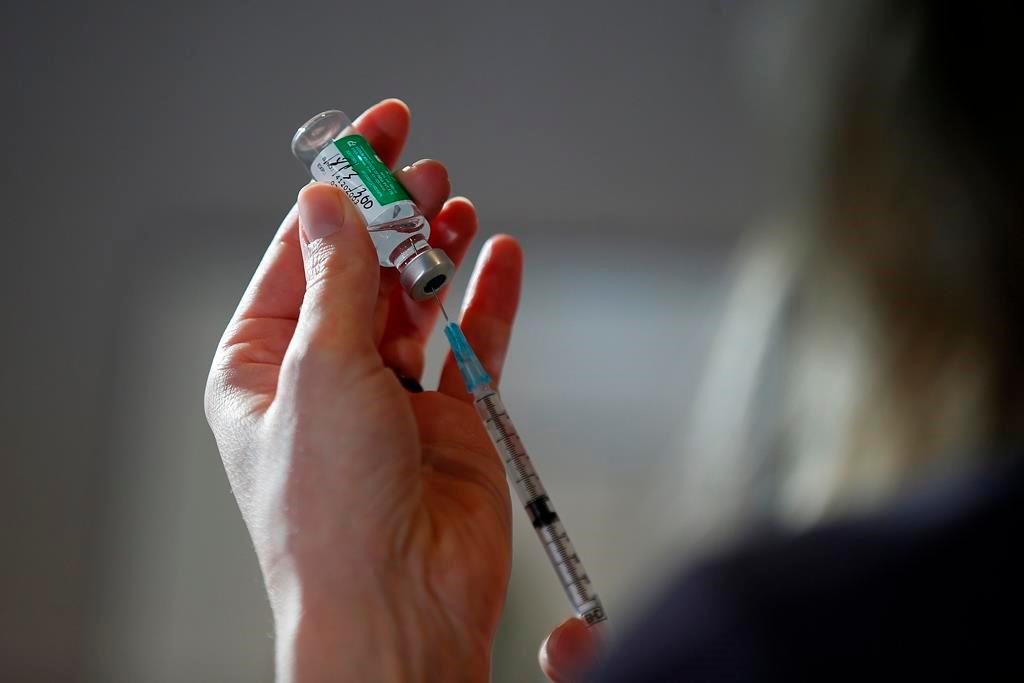Australian university sector executives are worried the delayed vaccine rollout will hinder international students’ returning to the country.
“There’s no way the $40 billion-a-year (US$30.5 billion) industry could withstand the loss of a third academic year next year,” Phil Honeywood, CEO of International Education Association of Australia, told The Age.





